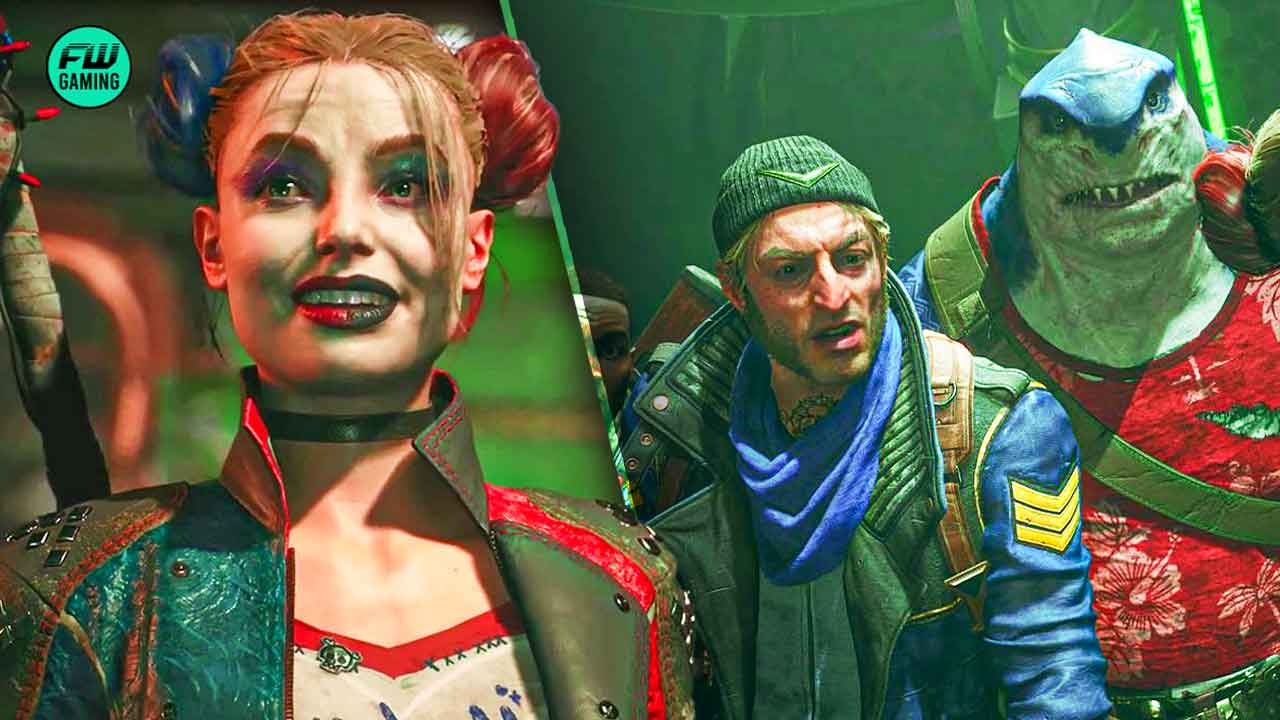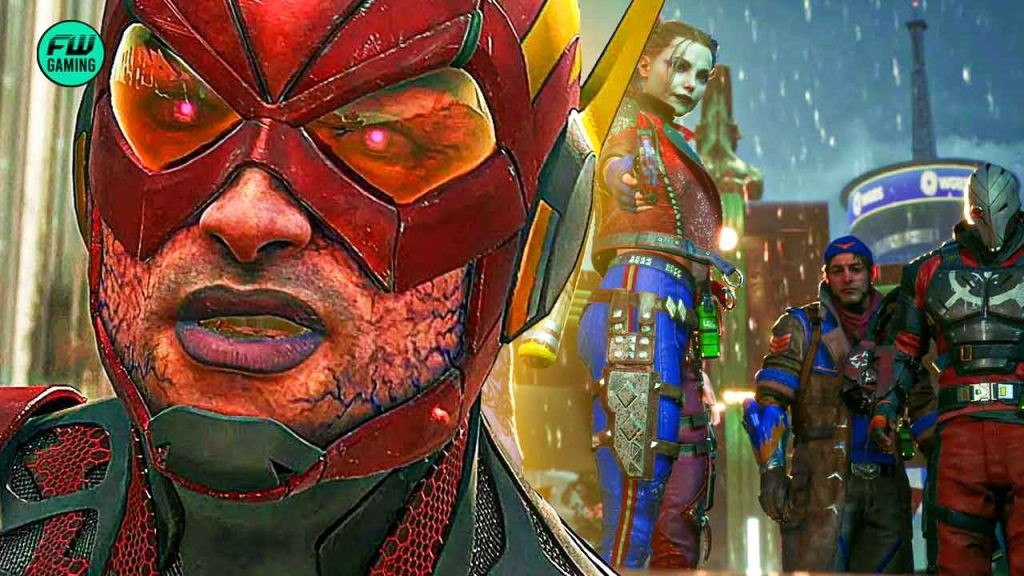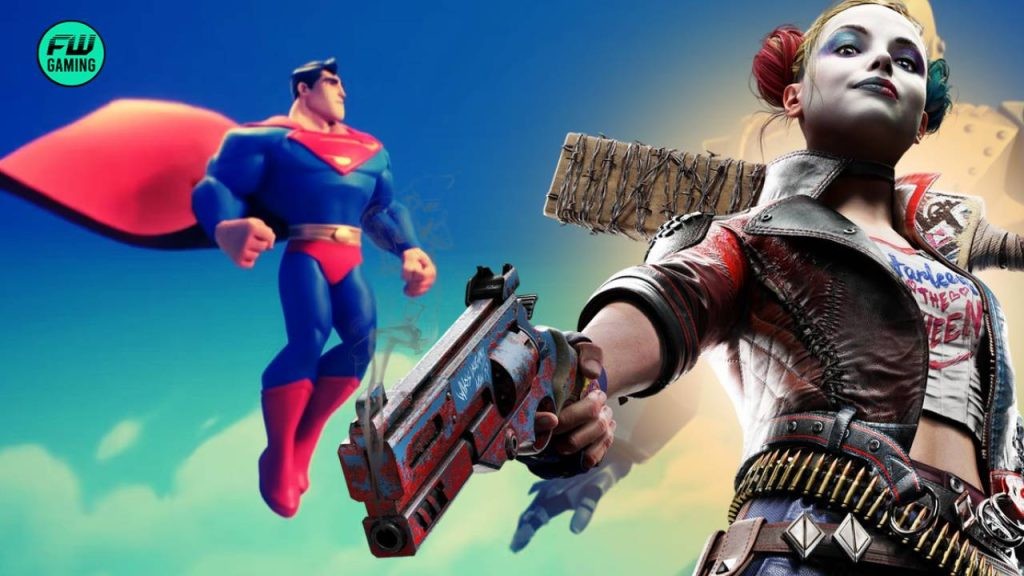The commercial failure of Suicide Squad: Kill the Justice League had a significant impact on the gaming industry. Despite high expectations due to the scale of the project and the renowned studio behind it, the game turned out to be a flop, resulting in substantial financial losses for Warner Bros. What went wrong with this highly anticipated title?
Rocksteady, known for its acclaimed Batman: Arkham series, ventured into uncharted territory. They opted for a live-service format, a move that did not yield the expected results and highlighted the challenges faced in this demanding genre.
Suicide Squad and the Live-Service Challenge
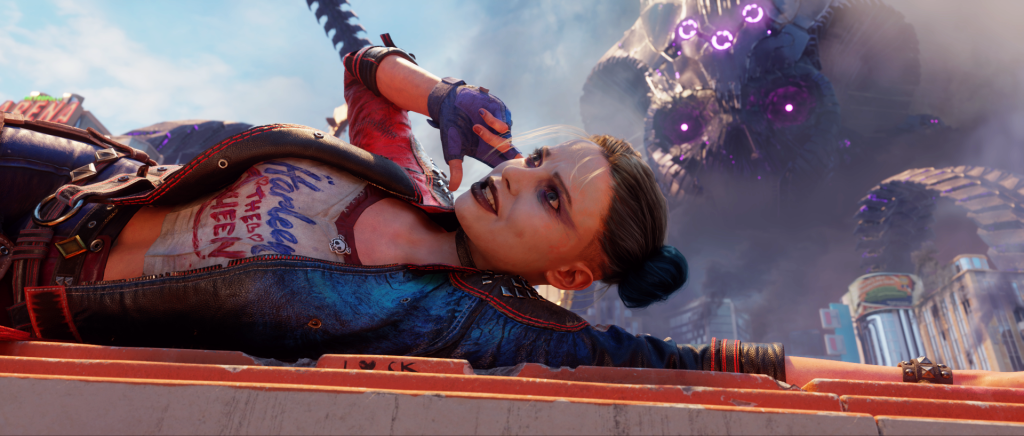
Rocksteady’s developers took on the challenge of creating a live-service game, as reported by Bloomberg. This decision was influenced by the success of titles like Destiny and League of Legends. Even without prior experience, the team committed to this vision. However, they faced many challenges.
First, Rocksteady expanded its team from 160 to over 250 people. While this expansion was necessary, it brought management issues, as new talents left the company upon discovering they would be working on a multiplayer game rather than a single-player experience, as expected.
Moreover, the game’s vision changed constantly. Several concepts were worked on for months and then discarded, such as the melee combat system and the possibility of vehicles. Rumors also suggest that Sefton Hill’s perfectionism, Rocksteady’s co-founder, delayed progress, as he took a long time to review developers’ work. These missteps slowly killed the game, which now won’t even receive weekly updates.
In the end, despite the workers’ efforts, their lack of experience in multiplayer games became evident. Levels and boss fights were repetitive and tedious, far from the engaging experience found in the Arkham games with their epic villains. Additionally, the sudden departure of co-founders Sefton Hill and Jamie Walker shook the team’s morale, which was already facing a culture of “toxic positivity.”
Game as a Service Suffers the Same Fate as MMORPGs
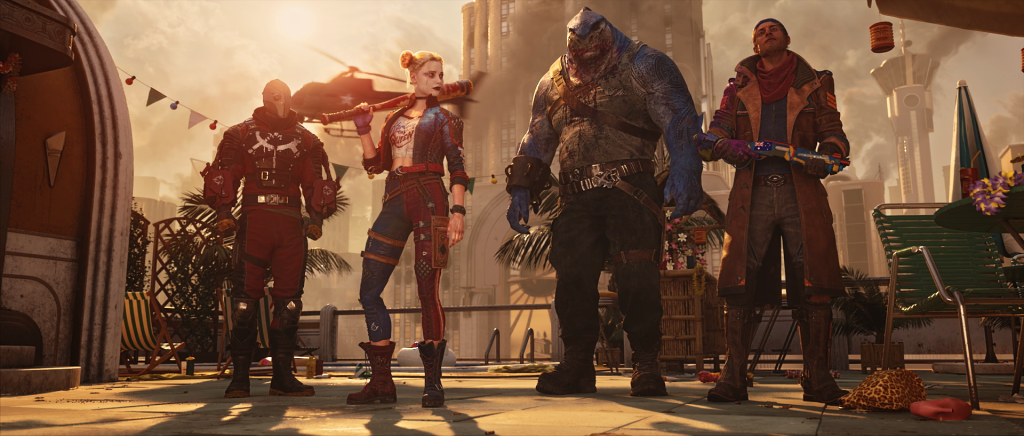
Why do games as a service fail? It’s a constant question. A comparison can be made to what MMORPGs experienced in the early 2000s. Both types of games require continuous player engagement to be profitable. For this, they need to keep people engaged for a long time. At the same time, the market was limited to a specific age group, mainly young people with free time.
Games as a service face a similar problem. The market is saturated, with titles like Fortnite, League of Legends, and Destiny dominating attention. New games struggle to attract attention from players already invested in other titles. This leads to fierce competition and decreasing profit margins.
Furthermore, the cost of development and user acquisition is rising. Games as a service require constant updates to maintain player interest, increasing the workload for developers. This also causes many companies to cancel their projects for fear of failing after launch.
Like MMORPGs, games as a service may become unsustainable in the long run. The industry may eventually abandon this model, seeking more viable alternatives. Rocksteady and Warner Bros. experienced this firsthand with Suicide Squad: Kill the Justice League.
This game is just another example that failed in the GaaS model. What do you think about the future of this genre in the market? Share your thoughts with us in the comments!

